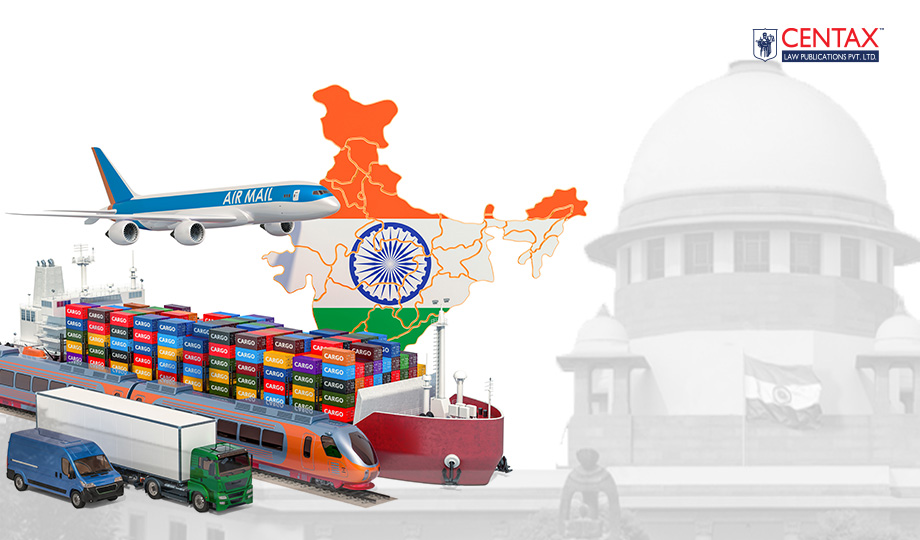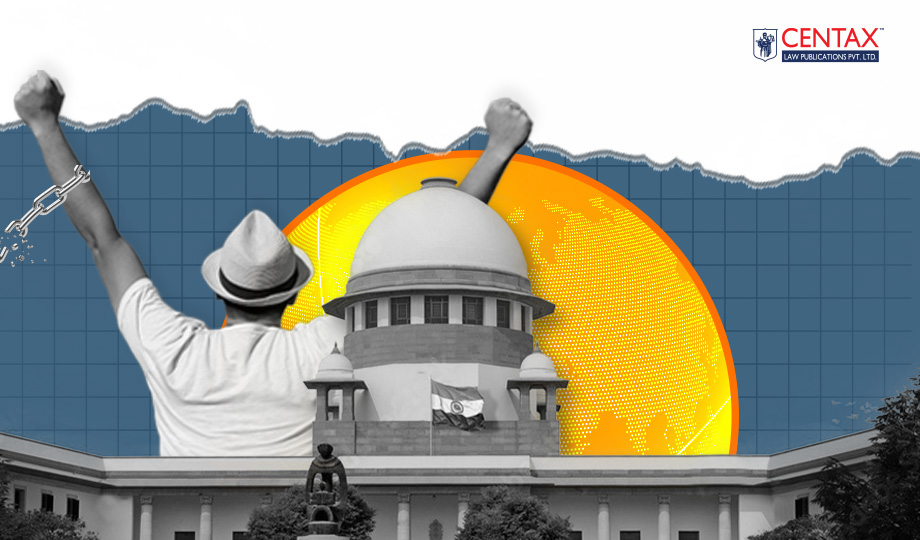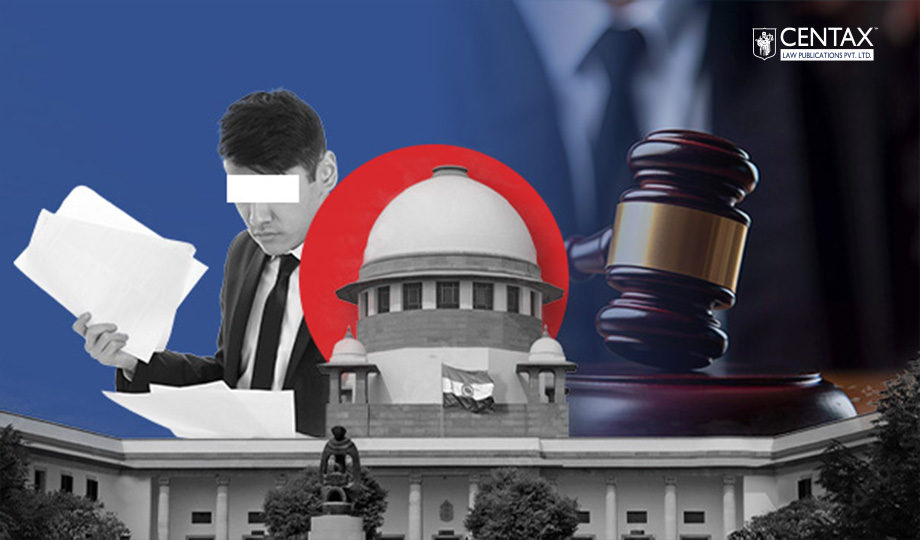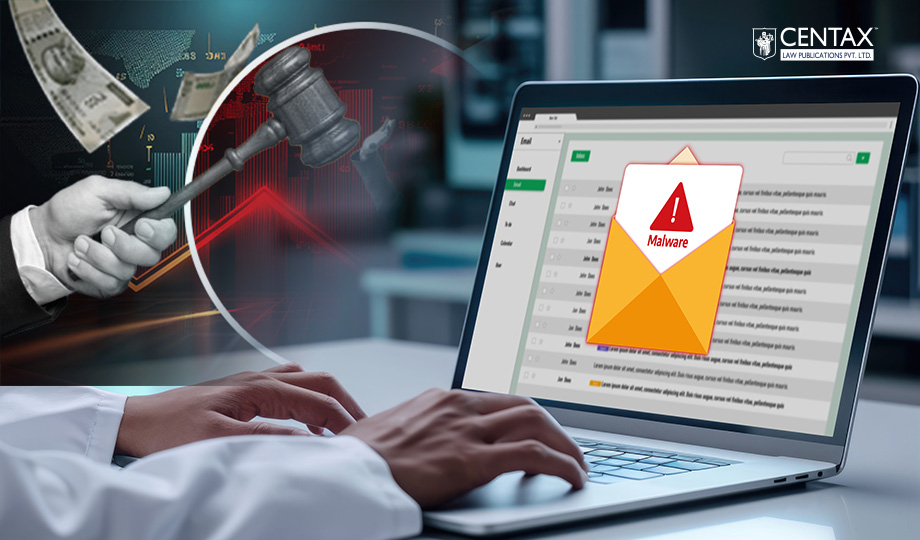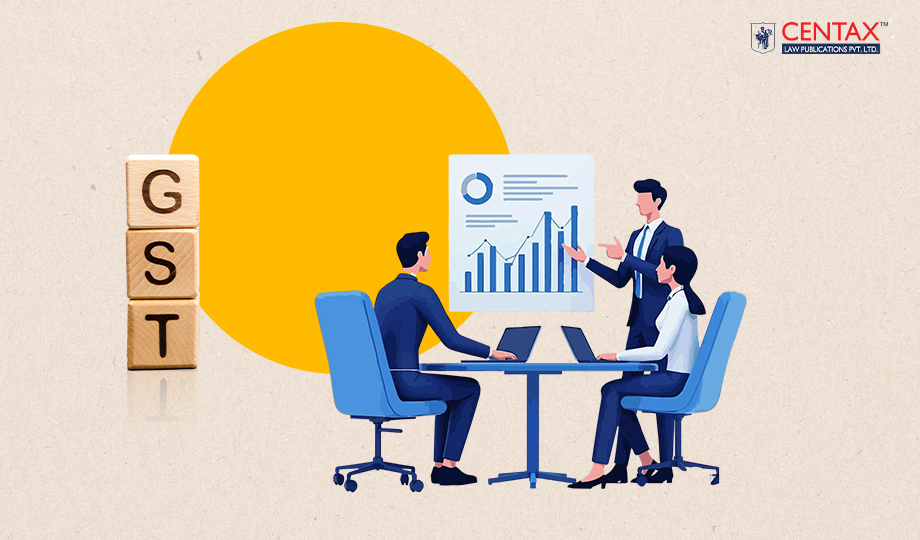
Editorial Board, (2025) 34 Centax 103 (Article)
1.Introduction
The GST Council, in its meeting dated 03-09-2025, put forth proposals that underline the Government’s commitment to building a simpler, transparent, and growth-oriented tax framework.
The reduction in GST rates on cement, pharmaceuticals, and other essential sectors is expected to ease costs for businesses and consumers alike. Reduced rates on cement will directly benefit infrastructure and housing, while reduction in pharmaceutical rates will improve healthcare affordability and accessibility. Collectively, these measures are set to stimulate demand and provide a broader push to economic activity. Amendments made to the place of supply rules for intermediaries and the revised framework for tax adjustments on discounts address long-standing interpretational disputes. By clarifying these provisions, the reforms are expected to significantly reduce litigation, ease compliance, and provide businesses with a more stable and predictable tax framework.
Priority has also been given to institutional reforms. The Goods and Services Tax Appellate Tribunal (GSTAT) will commence accepting appeals by September and begin hearings by December this year. With the Council fixing 30-06-2026 as the deadline for filing backlog appeals, a time-bound resolution framework is being established.
Complementing these reforms, the proposed service tax exemption for individual health insurance, along with reinsurance thereof, reflects the Government’s intent to make insurance more affordable, expand coverage, and strengthen social security and healthcare systems.
Taken together, these initiatives constitute a comprehensive reform package aimed at reducing costs, providing legal clarity, and reinforcing institutional mechanisms. By balancing economic stimulus with compliance ease, the reforms reaffirm GST’s role as a cornerstone of India’s growth and ease of doing business.
The proposed announcements made by the GST Council are outlined below.
2. Recommendation to omit the specific provision under Section 13(8)(b) of the IGST Act relating to determination of place of supply of intermediary services
- It has been proposed to omit the specific provision of place of supply for intermediary services under Section 13(8)(b) of the Integrated Goods and Services Tax Act, 2017 (‘IGST Act’). Upon such omission, the place of supply of intermediary services will be determined as per the default provision in Section 13(2) of the IGST Act i.e., the location of the recipient of services.
EDITOR’s Comments:
Determination of the place of supply is of fundamental importance under GST, as it decides whether a supply is intra-State or inter-State, and thereby decides whether Central Goods and Services Tax Act, 2017 (‘CGST’) and State Goods and Services Tax Act, 2017 (‘SGST’)/ Union Territory Goods and Services Tax Act, 2017 (‘UTGST’) or IGST would apply.
Section 13(8) (b) of the IGST Act provides that for intermediary services, the place of supply is deemed to be the location of the supplier. This rule has a significant bearing in cross-border transactions where either the supplier or the recipient is outside India.
2.1 Intermediary Services and Export of Services
A core requirement for any service to qualify as an export of services is that the place of supply must be outside India. However, since intermediary services are deemed to be supplied at the location of the supplier, services provided by an intermediary in India are regarded as domestic supplies even when rendered to a foreign client. As a result:
(a) Such services are not considered as exports
(b) They are excluded from zero-rated supplies
(c) GST is levied in India, and export-linked incentives are denied
(d) The tax charged by the intermediary becomes a cost to the foreign recipient, as they cannot claim input tax credits, thereby making exports costlier.
2.2 Litigation and Judicial View
At present, supply of intermediary services by an Indian supplier to a customer located outside India is deemed an intra-State supply and made liable to CGST and SGST/UTGST.
This position has been judicially challenged. The Bombay High Court1 while upholding the constitutional validity of Section 13(8)(b) mentioned that said provision must remain confined to IGST Act only and tax under the CGST Act and SGST Act (MGST Act) cannot be levied on the said transaction.
2.3 Proposed Amendment
To address these issues, the GST council in its 56th meeting has recommended that the place of supply for intermediary services should shift from the location of the supplier to the location of the recipient of services. Such a change would:
(a) Correct the anomaly that denies export benefits to Indian intermediaries,
(b) Prevent cascading of GST on foreign service recipients,
(c) Put an end to continuing litigation surrounding the taxability of intermediary services, and
(d) Provide a level playing field for Indian service providers
At the same time, this change would also ensure that where the intermediary is located outside India and the recipient is in India, the transaction would be liable to GST under the reverse charge mechanism (RCM), thereby safeguarding India’s revenue.













